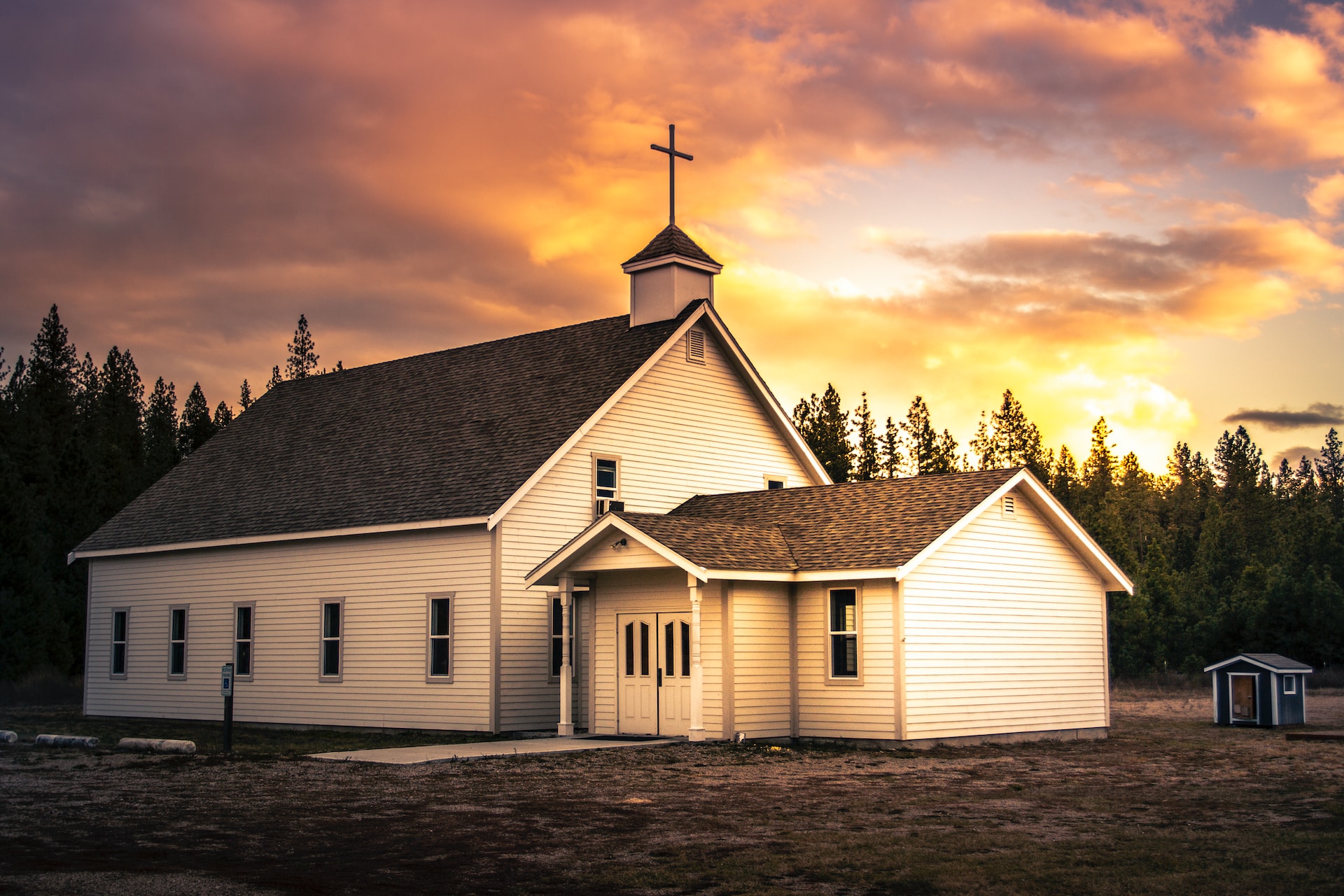Introduction:
In a bold and polarizing move, Oklahoma has thrust itself into the national spotlight as it embarks on a contentious journey to dismantle the church-state wall. This audacious attempt has ignited a fierce debate, with proponents championing it as a necessary step toward embracing religious values in public life, while opponents raise concerns about the erosion of secularism and the potential infringement on the rights of religious minorities. Today, we delve into Oklahoma’s divisive endeavor to tear down the church-state wall, examining the motivations, implications, and the deeply entrenched opinions shaping this highly charged controversy.
Uncovering the Motivations:
Oklahoma’s fervent pursuit to dismantle the church-state wall is driven by a desire to redefine the role of religion in public institutions. Advocates argue that breaking down this divide will allow for a more prominent presence of religious values in governance, promoting what they perceive as essential moral principles for societal well-being. They assert that integrating religious expression into public life will foster unity and shape policies aligned with traditional beliefs.
Key Developments:
-
Legislative Battles:
Oklahoma’s lawmakers have launched a series of legislative battles aimed at challenging the boundaries between church and state. These bold initiatives range from introducing religious symbols into government spaces to promoting religious activities in public ceremonies. Proponents view these measures as crucial steps toward reclaiming the nation’s religious heritage and safeguarding the rights of the religious majority.
-
Education in the Crossfire:
Education stands at the epicenter of the debate, with advocates pushing for the inclusion of religious teachings in public school curricula. They argue that exposing students to diverse religious perspectives will promote understanding, tolerance, and cultural appreciation. However, opponents raise concerns about potential religious bias, exclusion of minority faiths, and the violation of the separation between church and state within the education system.
-
Constitutional Quandary:
Critics have raised constitutional concerns, particularly regarding the First Amendment’s Establishment Clause. They contend that government endorsement of religion through policies and actions may infringe upon the rights of individuals with different beliefs or no religious affiliation. Legal battles are anticipated as courts grapple with striking a delicate balance between religious expression and constitutional principles.
Public Discourse and Perspectives:
Oklahoma’s audacious attempt to tear down the church-state wall has ignited impassioned responses, highlighting the deeply rooted convictions and complexities surrounding the issue.
-
Advocates for Religious Reformation:
Supporters argue that the current separation of church and state stifles religious freedom and inhibits the integration of moral values into governance. They assert that bridging the divide will restore moral guidance, strengthen social cohesion, and provide a solid foundation for policymaking.
-
Safeguarding Secularism:
Opponents express apprehension over the potential consequences of eroding the church-state divide. They emphasize the importance of a secular government in safeguarding individual liberties, preventing religious discrimination, and maintaining a level playing field for diverse beliefs. They fear that dismantling the barrier could result in privileging one religion over others, marginalizing minority faiths, or eroding the principles of a pluralistic society.
Conclusion:
Oklahoma’s controversial attempt to tear down the church-state wall has thrust the state into a profound and divisive debate surrounding the intersection of religion and public life. As the battle intensifies, its impact will extend beyond state lines, challenging the delicate equilibrium between religious freedom, constitutional principles, and the rich tapestry of beliefs that define our nation. This contentious dialogue forces us to reevaluate our societal values and grapple with the enduring questions of how religion and governance intersect in a diverse and ever-evolving society.




